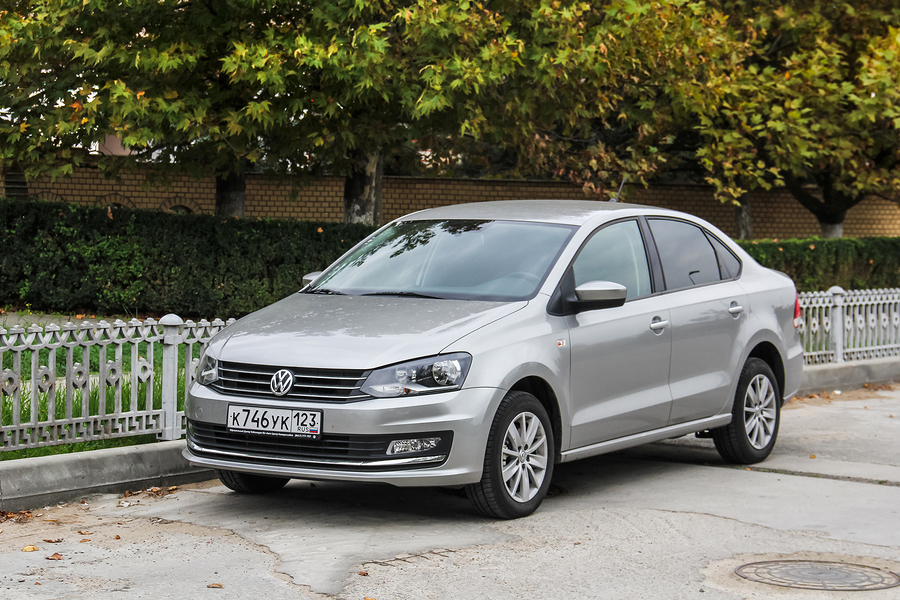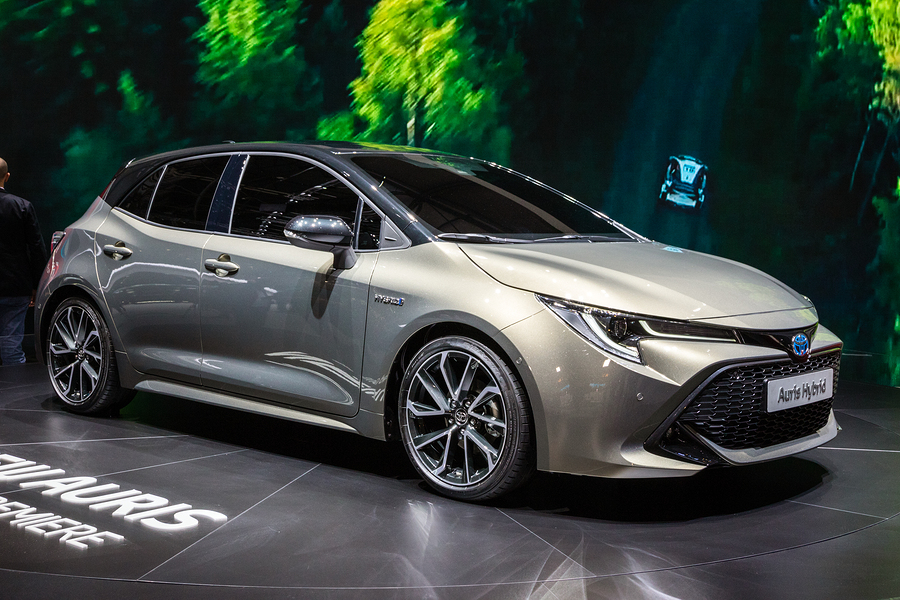We all know that electric cars are the future, with a growing number of incentives to buy an all-electric or hybrid electric vehicle and more reasons not to buy internal combustion engines.
But are hybrid vehicles the best technology for right now? Independent testing by Which? reveals how hybrid engines hold their own against internal combustion across several different journey types.
The most impressive results for hybrids come when driving around town, with average fuel economy of over 90 mpg, compared with about 50 mpg for diesel engines and under 40 mpg for petrol engines.
However, motorway driving proves to be a significant leveller, with hybrid engines performing the worst at less than 40 mpg, slightly behind petrol engines, and this time diesel is slightly ahead on about 45 mpg.
This means that overall, diesel engines still provide the best fuel economy at nearly 55 mpg, hybrids are close behind at just over 50 mpg and petrol engines give a lowly 45 mpg on average.
So should I buy a diesel car?

Not necessarily – there’s an ever-growing list of legislation that applies to diesel cars as the government tries to make electric vehicles the more economical option, and the balance is definitely tipping at present.
Choose a diesel for your next family car and you face a more stringent MOT, with some ‘automatic lock-ins’ like any visible exhaust fumes resulting in an immediate fail.
There’s also the additional duty charged on new diesel cars in their first year of registration, so if you usually opt for brand new cars as your main family vehicle, check what emissions band you fall into and how much more it will cost you.
Are EVs bad for motorway driving?
First of all, let’s be clear that there is currently a huge range of different hybrid and all-electric vehicles out there on the roads, and the technology is developing very quickly to improve factors like fuel efficiency, top speed and maximum range.
Because of this, if you buy a used EV that’s even just a few years old, you’re likely to find your maximum range for motorway driving is significantly smaller than on the newest models.
Even within the current market for new models, some are designed more for maximum economy city living, while others offer a more balanced setup for long-range motorway trips.
Remember too that hybrid electric vehicles generally recharge their onboard batteries using their combustion engine during long driving stints, and discharge them during shorter urban-style drives.
This is partly why the batteries do less to boost the fuel efficiency on long journeys, as the car relies more on a traditional fuel type to keep it going over the greater distance.
Put all of this together and the answer is that it depends very much on the specific vehicle you buy, so you should always make sure to compare the specific characteristics and performance data before you make your final decision.
However, having said that, we are definitely at the pivotal point where future new vehicle sales are likely to become increasingly dominated by hybrid engines and, ultimately, by all-electric cars within the next 20-30 years.

